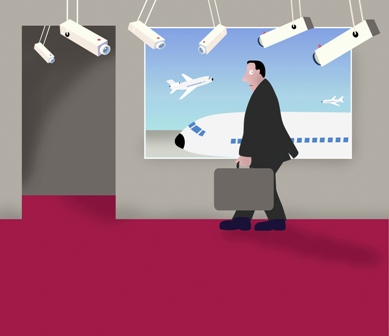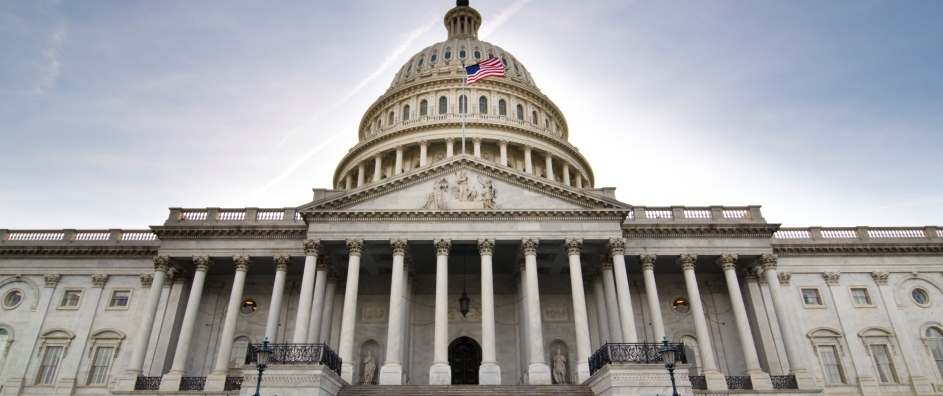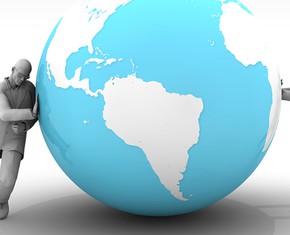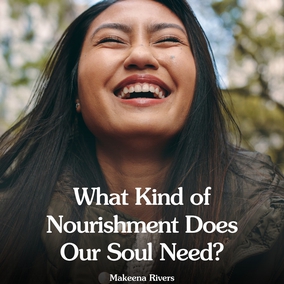The views expressed in our content reflect individual perspectives and do not represent the authoritative views of the Baha'i Faith.
The message on the bumper sticker of the car went right for the jugular: “America has the best government that money can buy.” But behind the smirking cynicism of that wry sentiment lies a deeper truth. Government everywhere has lost the public’s trust that it will act in the best interests of the citizens.
Most of the world’s governments, at all levels, can’t solve the problems of their societies. Police departments in virtually every city and country in the world rarely stop crime. If they’re any good, all they can do is solve crimes after they happen. Similarly, fire departments rarely prevent fires from breaking out; they can only extinguish them. All the armies of all the nations in the world cannot enforce peace. Historically, armies fight wars, they don’t prevent them.
Governments exist to manage social problems. If you put enough police officers into a high-crime area, you can suppress crime in that area for as long as you can afford to keep the officers deployed there. That’s management. But it does not solve the problem of crime. Well-run governmental agencies – and some do exist – can control problems as long as they have the necessary resources to do so. Even so, that is still management; it is just successful management.
All too often, governments also display a schizophrenic personality. Governments tend to allow problems to fester and worsen until the situation becomes critical. Only then does the government intervene, often in a massive and ponderous way, to bring the problem back under control. Typically, governance lurches from a state of semi-neglect to one of crisis response.
Here’s an example: before Sept. 11, 2001, almost no one ever heard of an obscure group called al Qaeda. Four hijacked airliners, two of which were deliberately crashed into New York’s World Trade Center, causing almost 3,000 deaths, swiftly changed all that.
 Almost overnight, national security inside the United States and elsewhere in the Western world went from near complacency to hyper-alertness. Now, almost anytime any bad thing happens, we think it’s the result of a terrorist attack. Just this year, when a deranged gunman killed a dozen people in the cafeteria area of a naval installation near Washington, D.C., everyone’s first reaction was to suspect al Qaeda as the culprit. Then, when an unarmed, delusional woman tried to drive on to the White House grounds and led local police on a high-speed chase through downtown Washington, she was shot seven times and killed. First impression: terrorist attack. Americans have a severe case of the jitters. Unsurprisingly, America’s frightened and sour national mood reflects itself in our government and its actions.
Almost overnight, national security inside the United States and elsewhere in the Western world went from near complacency to hyper-alertness. Now, almost anytime any bad thing happens, we think it’s the result of a terrorist attack. Just this year, when a deranged gunman killed a dozen people in the cafeteria area of a naval installation near Washington, D.C., everyone’s first reaction was to suspect al Qaeda as the culprit. Then, when an unarmed, delusional woman tried to drive on to the White House grounds and led local police on a high-speed chase through downtown Washington, she was shot seven times and killed. First impression: terrorist attack. Americans have a severe case of the jitters. Unsurprisingly, America’s frightened and sour national mood reflects itself in our government and its actions.
If history shows us anything, it shows that people tend to get the government they deserve. For example: the shock and humiliation of losing World War I, coupled with the economic turmoil caused by the Great Depression, led directly to the rise of the Nazi party and its totalitarian power in Germany. The Nazis enjoyed widespread public support (except among the German Communists, who had a different despotic government model in mind). German public support remained in place for the Nazis almost to the end of World War II, even after it became obvious they lost the war.
Now, in contemporary America, politics has become so polarized that ideology trumps practicality. Many regard the notion of compromise, an essential ingredient in any successful democracy, as something close to treason. But the hard-line partisans in Congress genuinely reflect the sentiments of the voters in their districts. Again, we get the government we deserve.
It doesn’t have to be this way. We don’t have to stumble from crisis to crisis and live in an emotional state that ranges from unease to dread. For Baha’is, good government comes directly from society’s level of spiritual awareness, coupled with knowledge, compassion, and sound judgment:
It is obvious that, not until the people are educated, not until public opinion is rightly focused, not until government officials, even minor ones, are free from even the least remnant of corruption, can the country be properly administered. Furthermore, any agency whatever, though it be the instrument of mankind’s greatest good, is capable of misuse. Its proper use or abuse depends on the varying degrees of enlightenment, capacity, faith, honesty, devotion, and high-mindedness of the leaders of public opinion. – Abdu’l-Baha, The Secret of Divine Civilization.
That’s the kind of government we all want. That’s the kind of government we deserve. So, how can we achieve it? We have to spiritualize ourselves and personally lead the kind of lives that reflect the behavior we expect from those whom we choose to represent us. Government is not something separate and apart from us; government is us. We cannot expect our governments to be better than we are. Our governments will never improve until we – the governed – spiritualize our own lives as their model.
You May Also Like
Comments

















More pertinent now than ever.